Prof. Dr. Le Quang Cuong - Former Deputy Minister of Health , President of the Vietnam Medical Education Association, emphasized this information at the opening session of the 8th National Medical Education Conference organized by the Vietnam Medical Education Association in collaboration with VinUni University today - November 16 with the theme "Strategic alliance: From Medical Education to professional practice".
The closer coordination between educational institutions and hospitals, the more effective the training of human resources, the higher the quality of health care for the people.
According to Professor, Dr. Le Quang Cuong, the 8th National Medical Education Conference is an event of great significance to the Vietnamese medical sector, especially in the context of modern medicine developing rapidly.
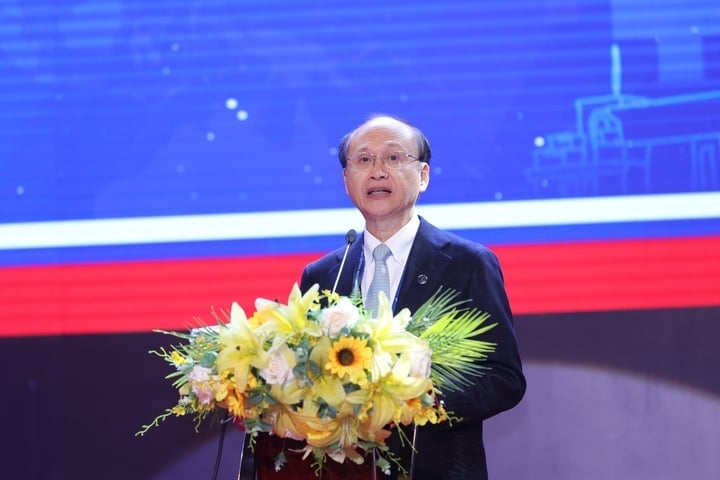
Prof. Dr. Le Quang Cuong - Former Deputy Minister of Health, Chairman of Vietnam Medical Education Association - spoke.
This event is also an opportunity for medical managers, policy makers, medical training schools and practice facilities - hospitals to discuss advanced medical education methods, application of technology development and artificial intelligence in medical training, thereby improving the quality of medical staff training, meeting the increasing demand for human resources in people's health care.
In addition, this year's conference emphasized the importance and closeness of strategic linkages from education to practice.
In his speech at the conference, Dr. Nguyen Ngo Quang - Director of the Department of Science, Technology and Training, Ministry of Health - stated that in the context of Vietnam entering a period of deep integration with the world, with the orientation of the Party and State, the health sector and medical education must further affirm their pioneering role.
" To achieve this, one of the core factors is the quality of human resources, and the strategic connection between medical training schools and practice hospitals plays an indispensable role in the training process to create generations of doctors, nurses and medical staff with outstanding capacity " - Dr. Nguyen Ngo Quang emphasized.
Further analysis, Dr. Quang clearly stated that close coordination between educational institutions and practice hospitals is a decisive factor in creating a practical and comprehensive learning environment. This combination helps students not only understand theory deeply but also experience practice early.
" They are introduced to clinical procedures and develop the practical skills needed to apply them in real-world settings. This is a groundbreaking approach that overcomes the limitations of purely theoretical training that we have encountered," said Dr. Nguyen Ngo Quang.
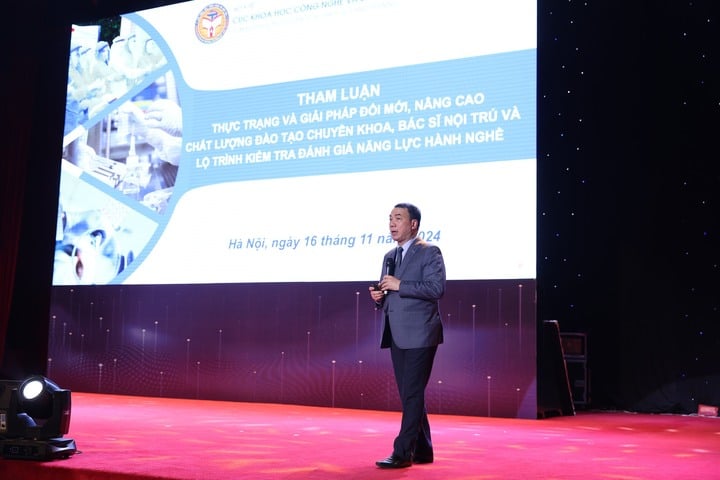
Dr. Nguyen Ngo Quang - Director of the Department of Science, Technology and Training, Ministry of Health - spoke at the conference.
Dr. Quang also affirmed that this connection plays an important role in career orientation and national health human resource development. Hospitals directly participating in the training process not only help students have high-quality learning opportunities but also have the opportunity to discover potential individuals, thereby guiding them into majors that match their abilities and passions.
This is the foundation to ensure that the health system in our country has a suitable workforce that can adapt to the rapid changes in society and the increasing health care needs of the people.
At the same time, Director Nguyen Ngo Quang also emphasized that this cooperation also contributes to promoting medical research projects and the application of science and technology. Thanks to the direct participation of lecturers, scientists from universities and clinical experts from hospitals, many scientific research and innovation projects have been and are being developed.
This not only helps students learn and research, but also contributes to finding new, more effective solutions in health care.

More than 800 delegates and 30 international experts from leading universities such as Harvard, Charite Berlin, and the University of Pennsylvania attended the conference.
Promoting AI application, mobilizing the role of private healthcare in training medical human resources
Dr. Angela Pratt, WHO Representative in Vietnam, emphasized three key opportunities to address the current challenges in healthcare in our country from the theme of this conference. First, in the field of cooperation. This is the first time the National Medical Education Conference has been held at a private, non-profit university.
“ The collaboration with VinUni underscores the importance of partnerships and the role of the private sector in medical education. Collaboration between healthcare professionals, academia, expert networks, technical partners, and in the case of the World Health Organization, a network of Collaborating Centers, will play a vital role in helping us deliver on our commitment to delivering better healthcare for all, ” said Dr. Angela Pratt.
Second, according to Dr. Angela Pratt, is innovation. Experts discussed the use of AI, digital tools, simulation-based learning, and games — technologies that are reshaping both medical education and health care delivery.
“ Such innovations can bridge gaps in healthcare access and help find solutions to Vietnam’s health sector challenges such as an aging population, the rise of non-communicable diseases (NCDs), and the health impacts of climate change, ” said Dr. Angela Pratt.
Third, it is about data and evidence. To improve health outcomes, we need to continue to collect and analyze evidence about effective approaches to medical education and practice. At the same time, we need to make the most of the data we already have to improve the safety and quality of health care services.
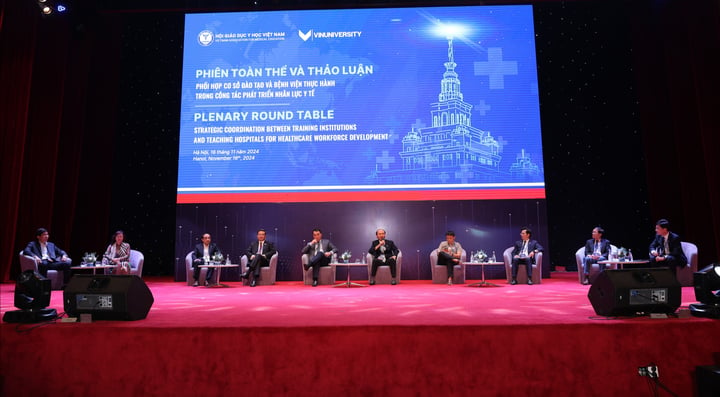
Speakers participated in plenary sessions and discussions at the conference.
Collaboration, innovation and data are at the heart of WHO's efforts, working with Member States to shape the health workforce of the future with the ultimate goal of ensuring that every health professional is equipped with the skills and capacity to deliver public health care...
In the plenary discussion session led by Prof. Dr. Tran Diep Tuan - Chairman of the University Council of Ho Chi Minh City University of Medicine and Pharmacy - the speakers were managers, school managers, managers of special-class hospitals: Bach Mai and Cho Ray, Hue Central, providing a more complete perspective on the need for close coordination between training facilities and practice hospitals.
Experts also emphasized the need to mobilize the role of private health care in the relationship between hospitals and schools to create more training and practice environments for medical students. At the same time, experts also said that the current doctor/10,000 population ratio in our country (which has a low average income) at the end of 2023 is 12.5 doctors/10,000 people, equal to countries with high average income, so it is necessary to study the increase in scale, expand the training of resident doctors, and pay more attention to the quality of training, instead of the quantity factor.
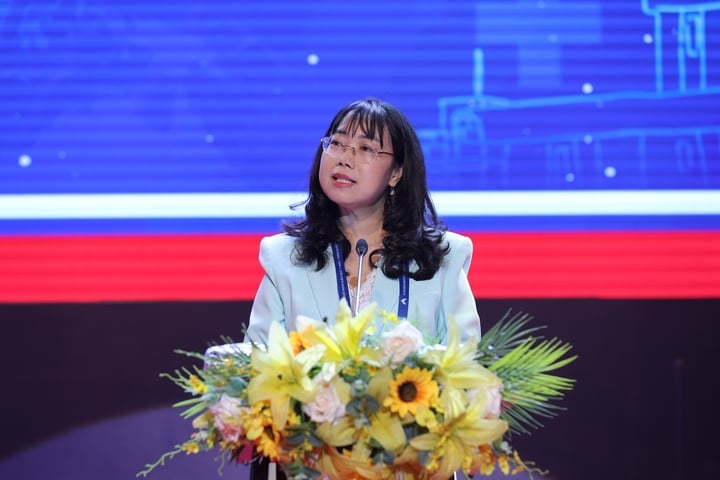
Dr. Le Mai Lan, Chairwoman of VinUni University Council, spoke.
Leaders of many training institutions and hospitals also highly appreciate VinUni's practice-focused medical training model. Accordingly, in addition to modern equipment, VinUni University's Medical Simulation Center is also a place where students experience many situations that are similar to those in hospitals, providing skills, knowledge and empathy for those working in the medical field.
The 8th National Medical Education Conference program offers 19 in-depth seminars, more than 30 scientific presentations, and 50 scientific posters on advanced topics in medical education.
In the plenary session, two main presentations by Prof. Harm Peters - President of the Association of European Medical Schools (AMSE) and Assoc. Prof. John Patrick T. Co - Vice President of Graduate Medical Education, Mass General Brigham Hospital, Harvard Medical School on the topic of undergraduate medical education and school-institution collaboration to improve the quality of care received much attention from delegates.
In the thematic discussion session, with the latest research on innovation in medical teaching methods and integration of technology into medical education and clinical practice, the reports mentioned the current situation and future of artificial intelligence (AI) applications in teaching support, simulation, student assessment, administrative management... and necessary activities to effectively develop the use of AI in medical education in Vietnam.
Scientific presentations and discussions have brought breakthrough experiences and solutions to medical education in Vietnam.
Source: https://vtcnews.vn/ket-hop-vien-truong-doi-moi-dao-tao-bs-noi-tru-nang-chat-luong-nhan-luc-y-te-ar908100.html



![[Photo] President Luong Cuong attends special political-artistic television show "Golden Opportunity"](https://vstatic.vietnam.vn/vietnam/resource/IMAGE/2025/8/22/44ca13c28fa7476796f9aa3618ff74c4)



![[Photo] Prime Minister Pham Minh Chinh chairs the conference to review the 2024-2025 school year and deploy tasks for the 2025-2026 school year.](https://vstatic.vietnam.vn/vietnam/resource/IMAGE/2025/8/22/2ca5ed79ce6a46a1ac7706a42cefafae)

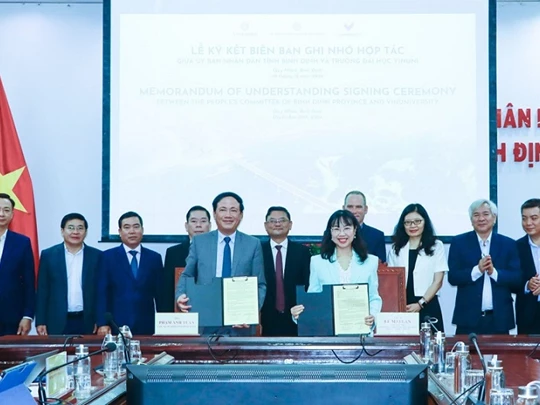

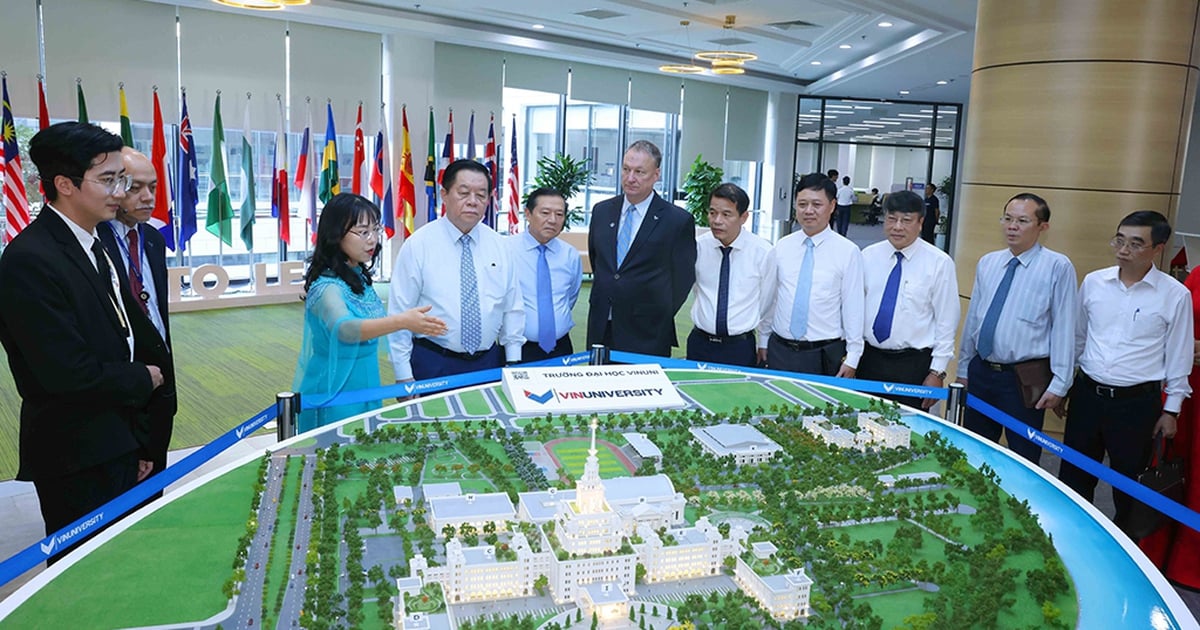

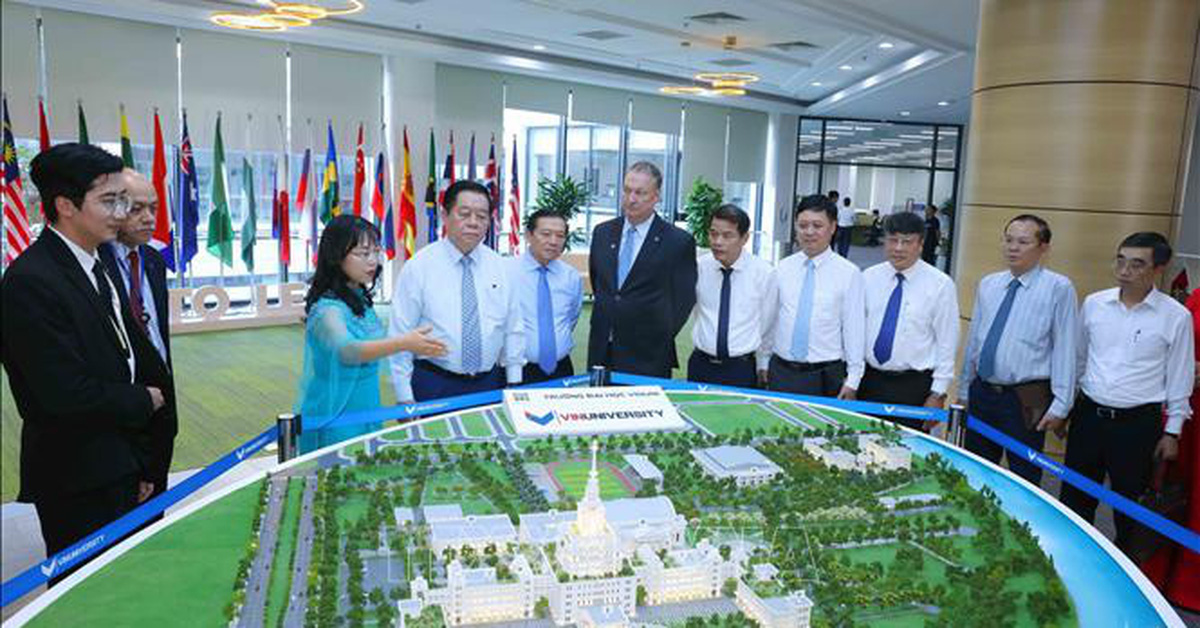




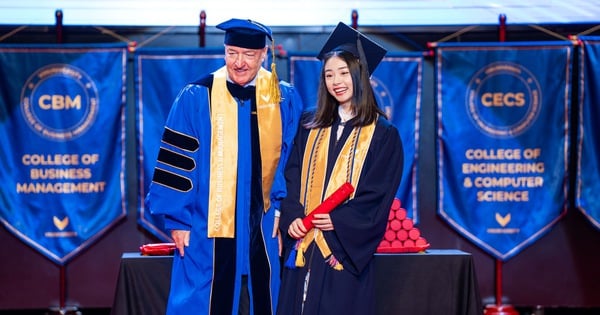




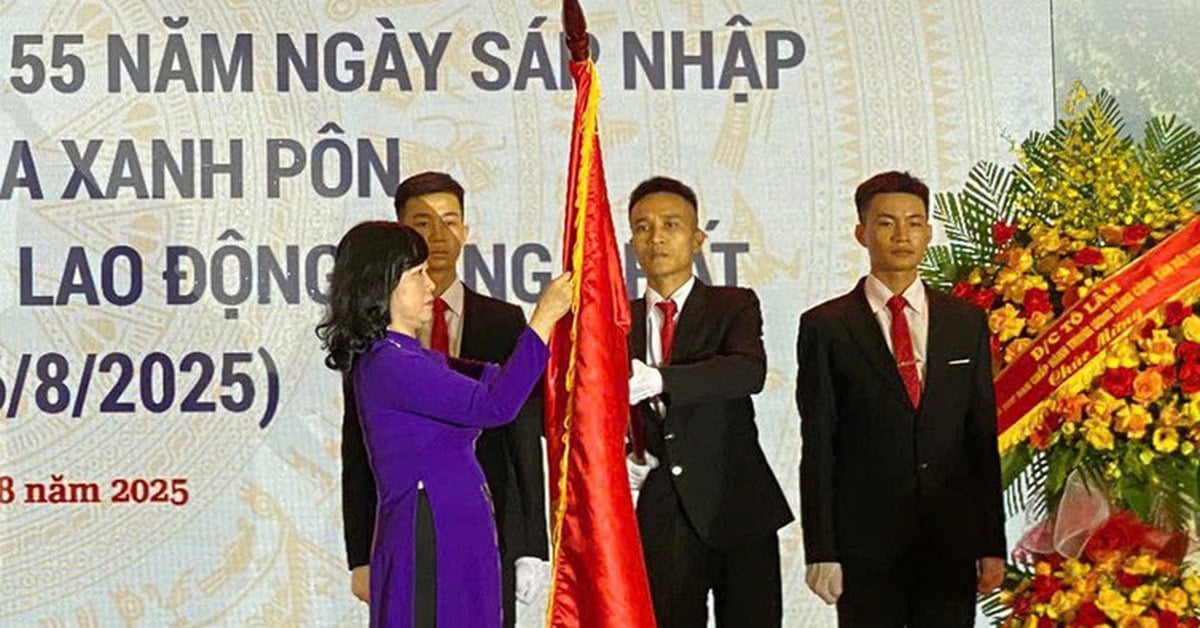
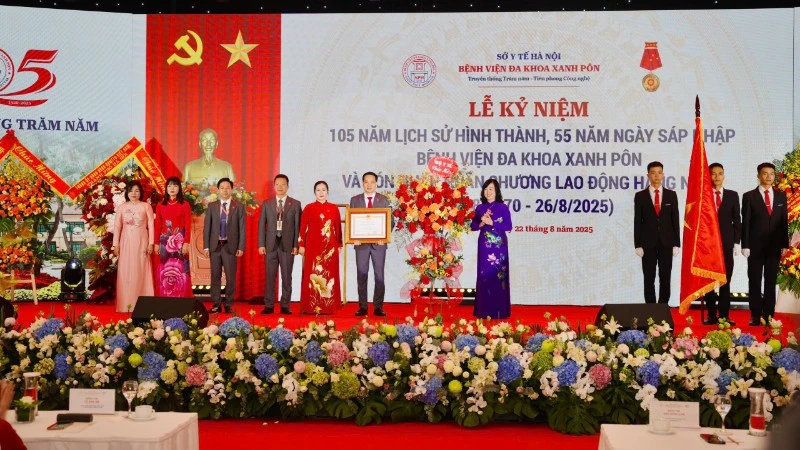

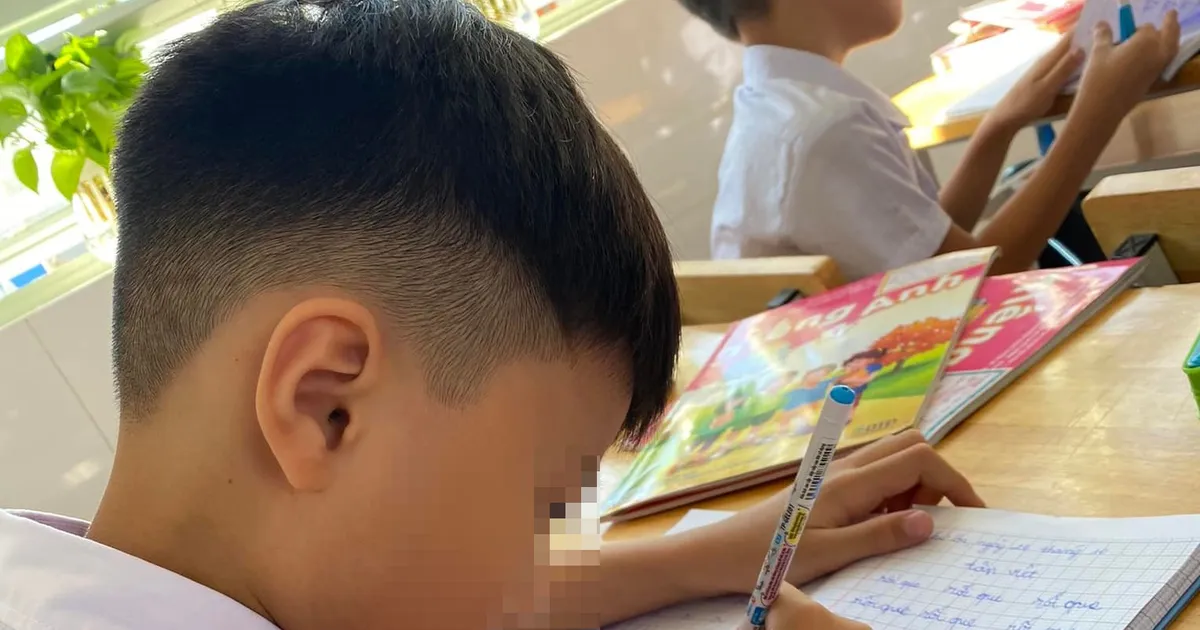




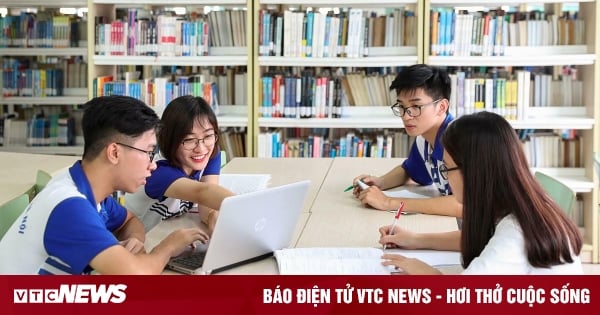




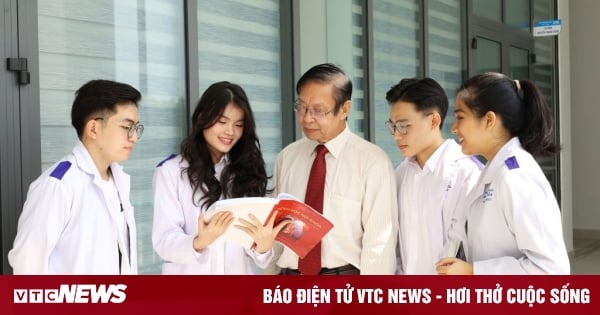


























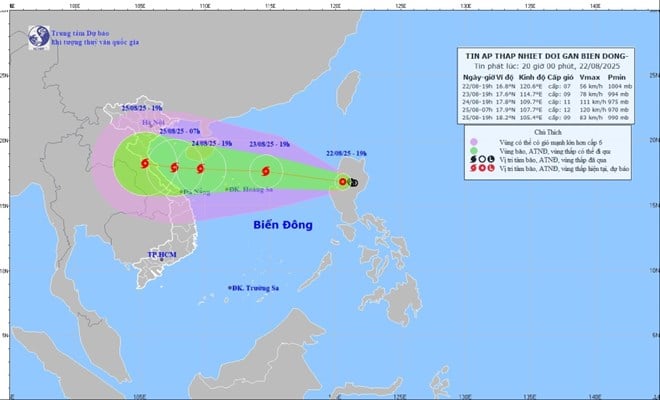

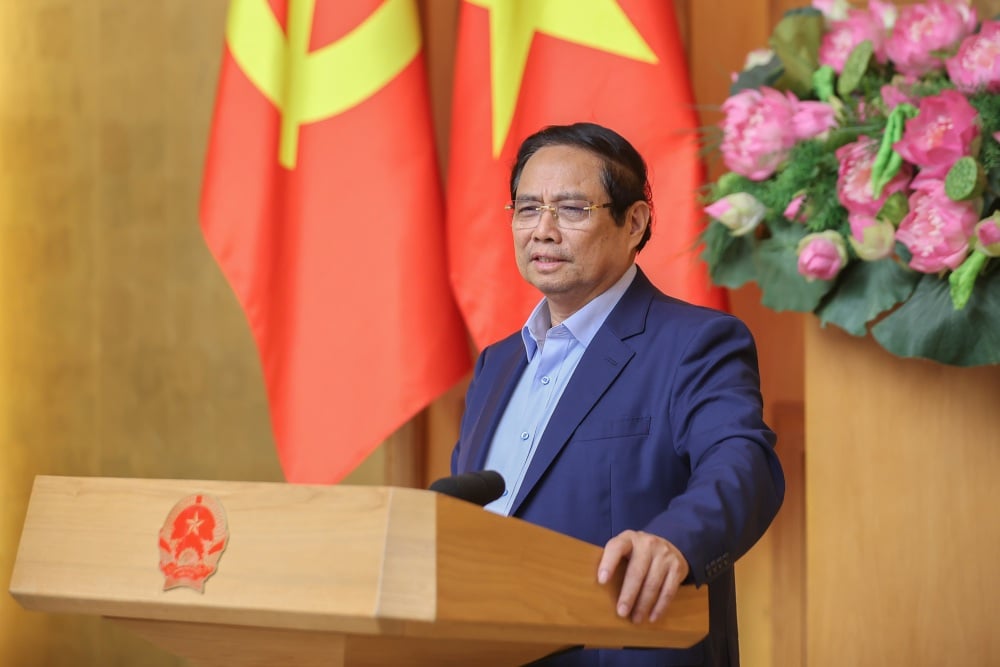
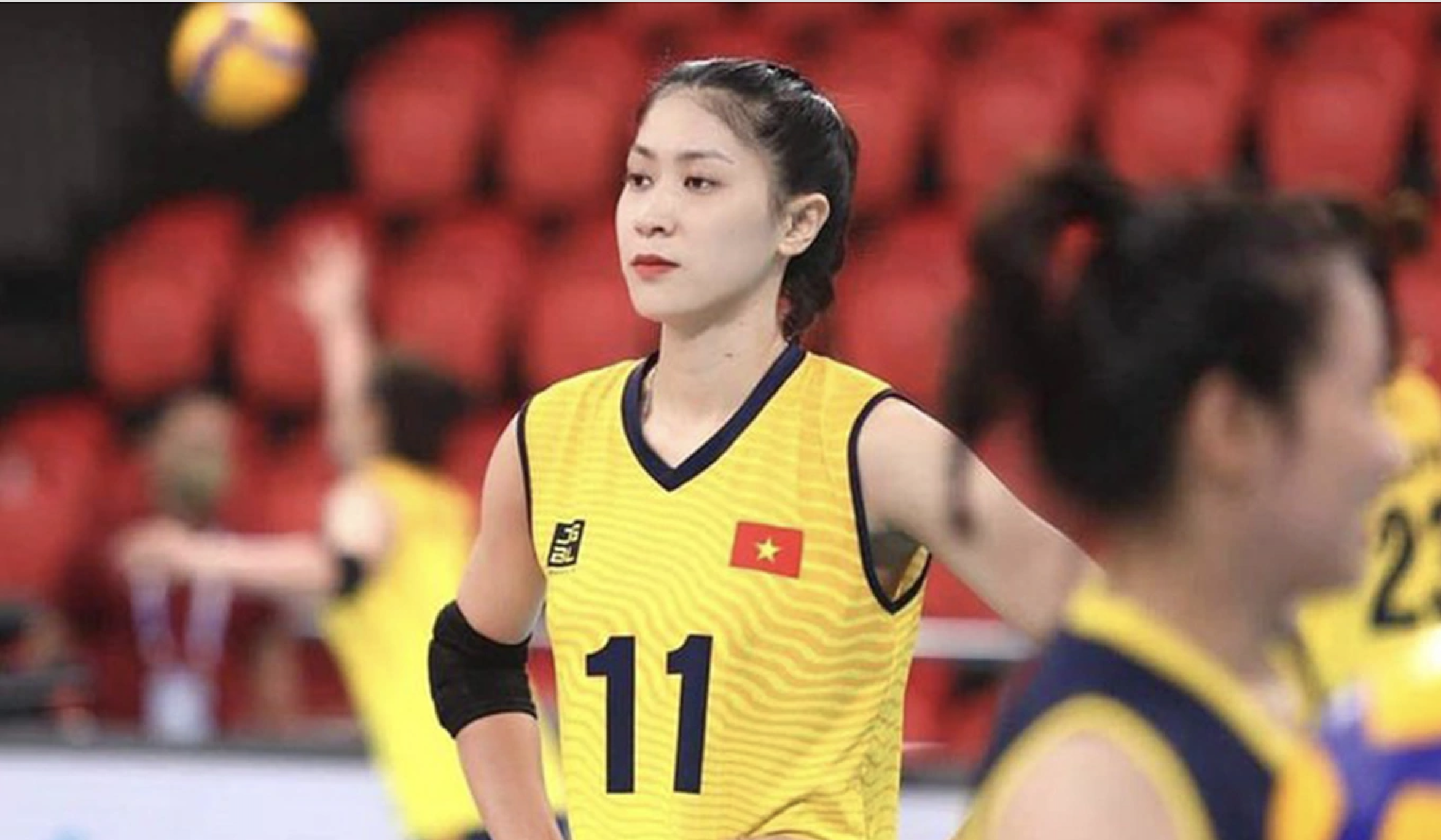


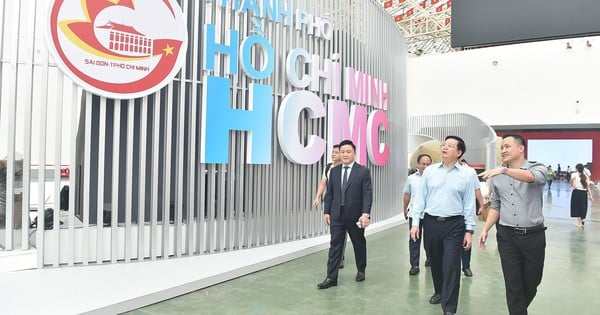

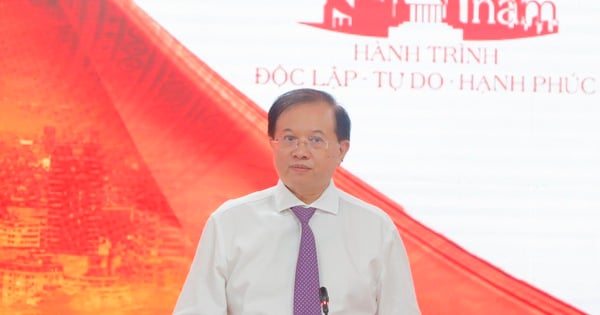
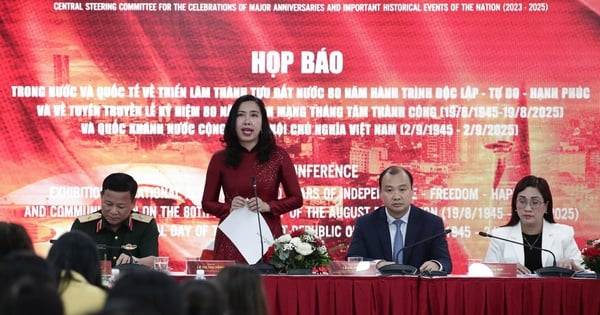
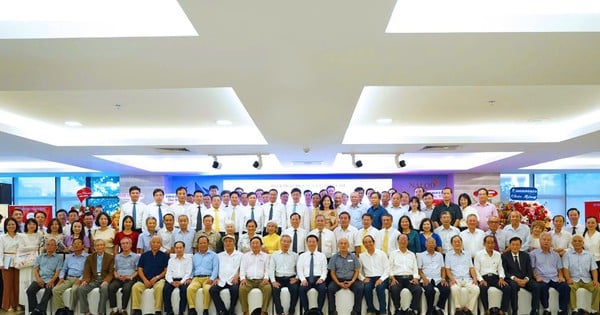

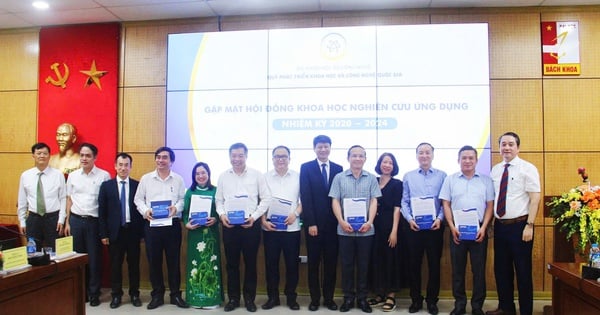



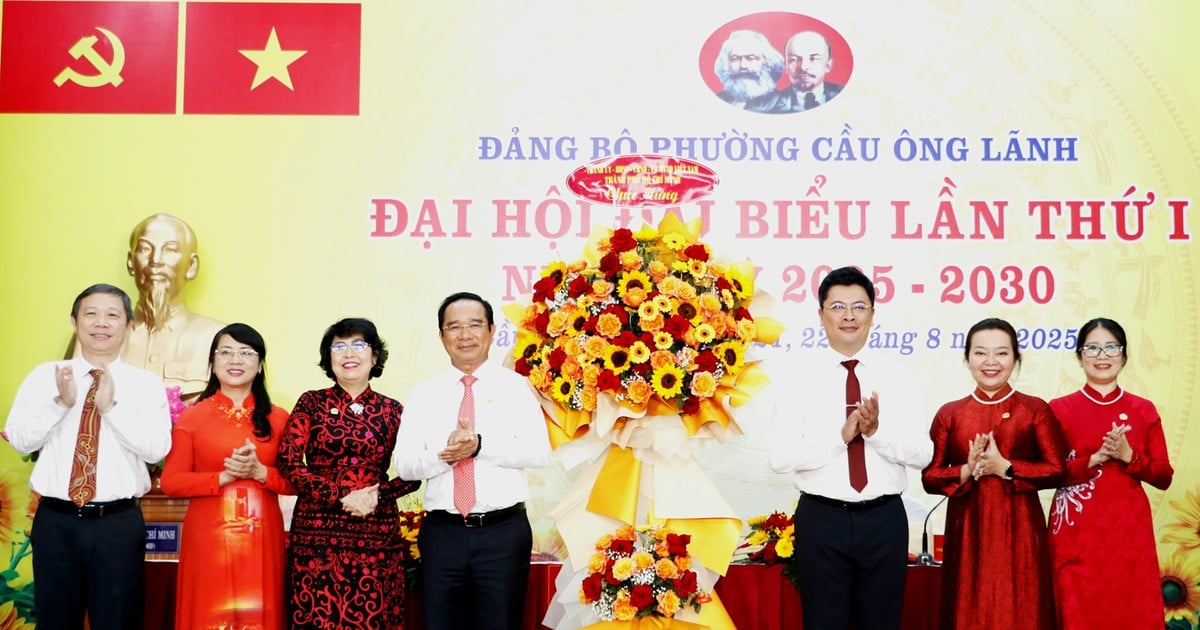
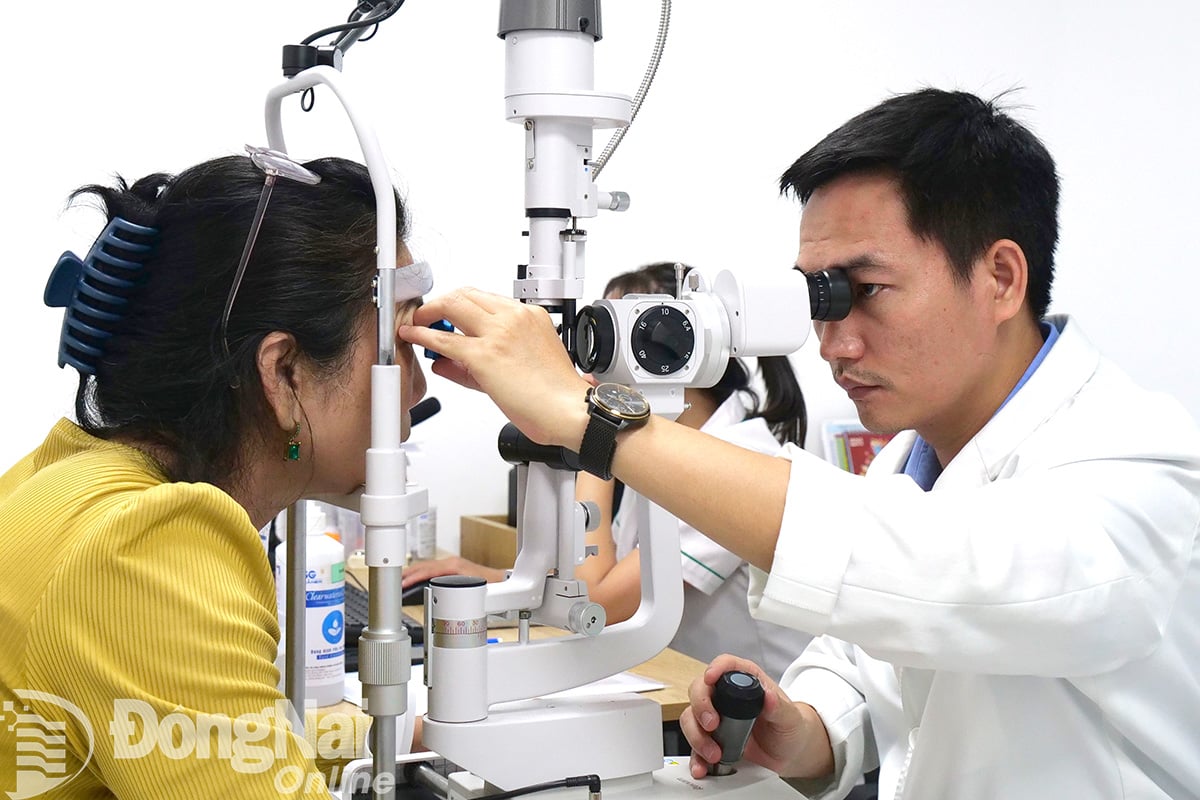

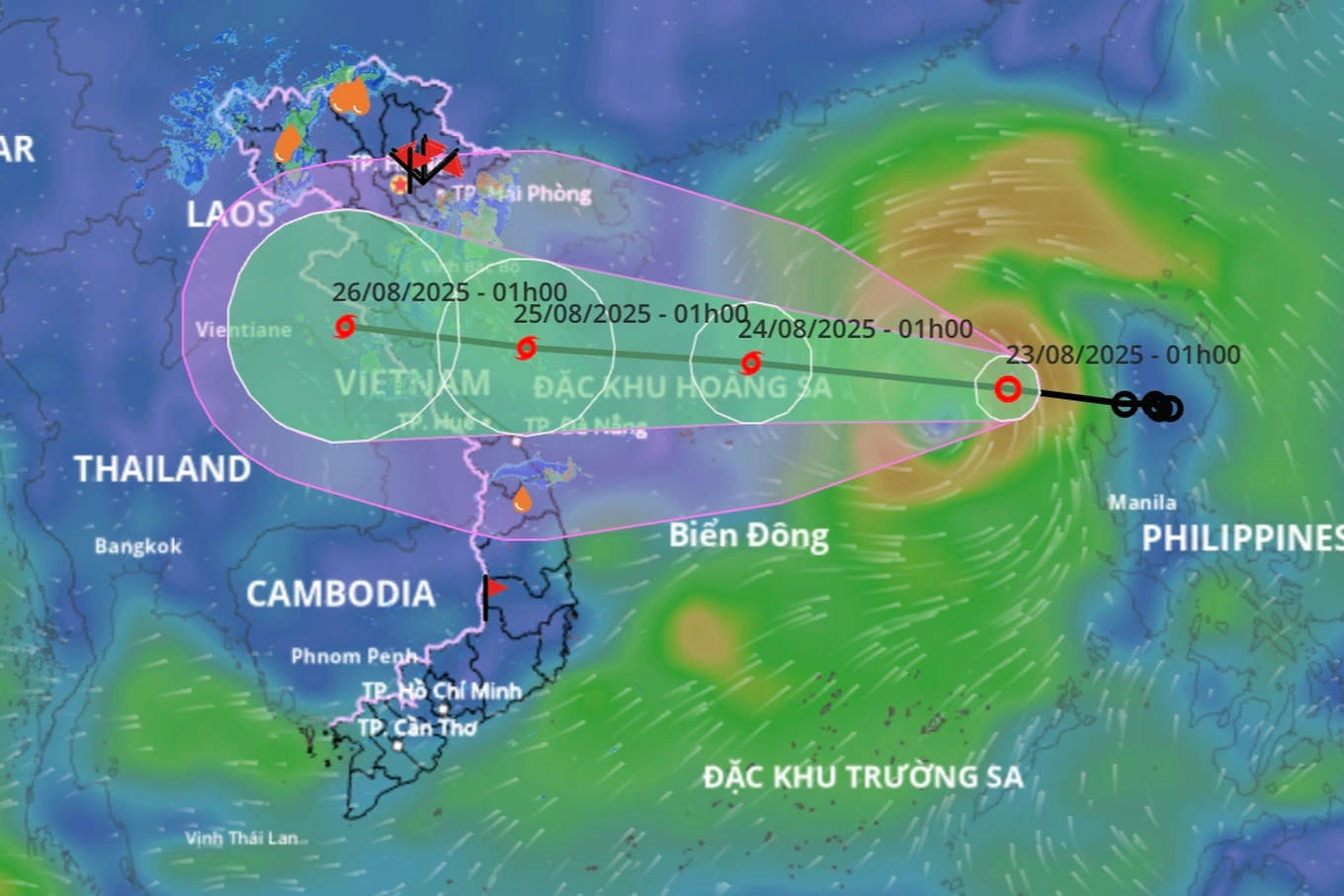


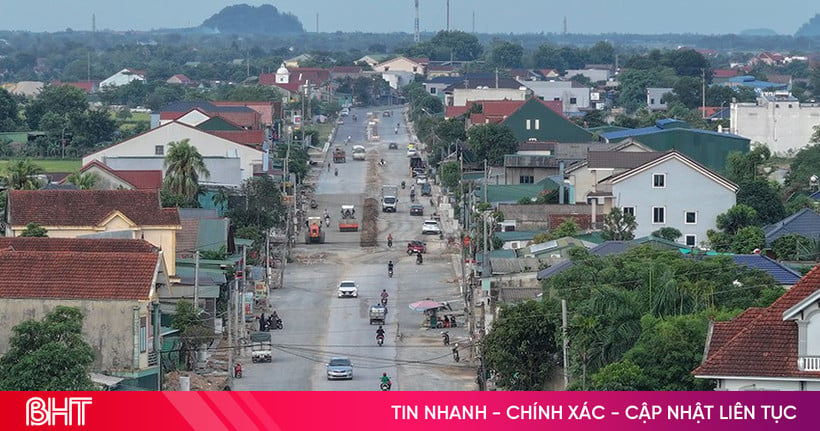














Comment (0)